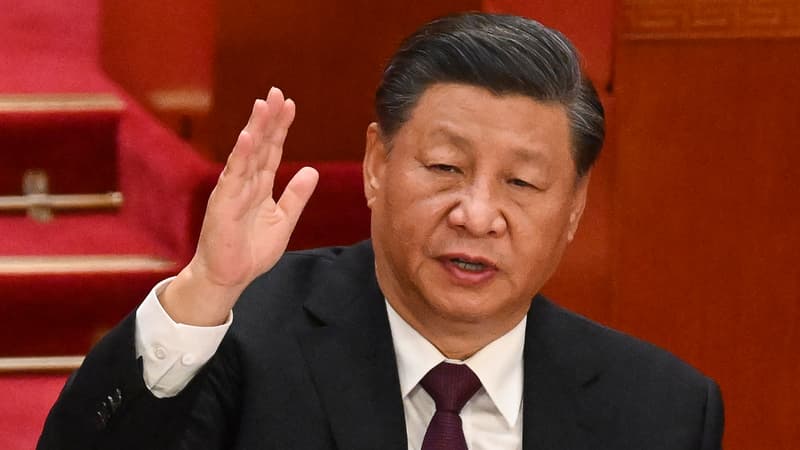China has more than $1.1 trillion in debt under its Belt and Road program, 80% of which is owed to countries in financial difficulty, according to a report released this week. According to Beijing, more than 150 countries, from Uruguay to Sri Lanka, are participating in the New Silk Roads, a vast infrastructure project aimed at improving China’s trade influence launched ten years ago under the leadership of President Xi Jinping.
Since then, China has provided huge loans to finance the construction of bridges, ports, railways and even roads in low- and middle-income countries. But more than half of these loans have already entered the principal repayment phase, according to a report published Monday by AidData, a research institute at the College of William and Mary in Virginia (United States). This proportion is expected to reach 75% by the end of the decade, this report predicts.
The world’s first official debt collector
Analyzing data collected on Chinese financing of nearly 21,000 projects in 165 countries, AidData estimates that Beijing has provided “approximately $80 billion a year” in aid and credit to low- and middle-income countries. By comparison, the United States grants $60 billion a year to these categories of countries. “Beijing is playing an unfamiliar and uncomfortable role: that of the world’s first official debt collector,” the report says.
AidData “estimates that 80% of China’s foreign loan portfolio in the developing world currently supports countries in financial difficulty.” According to its supporters, the project, officially called the “Belt and Road Initiative”, brings resources and growth to countries in the South.
Its detractors, for their part, denounce the opacity of the costs of the infrastructure built by Chinese companies. Some countries, such as Malaysia and Burma, are currently trying to renegotiate their agreements with Beijing to reduce their financial burdens. The initiative is also criticized for its huge carbon footprint and the environmental damage caused by large infrastructure projects.
Source: BFM TV


